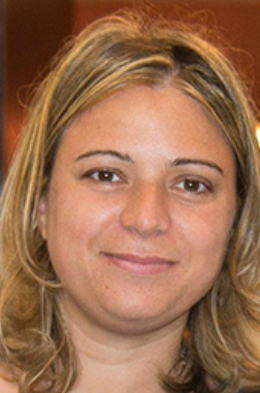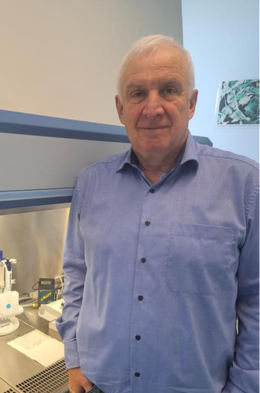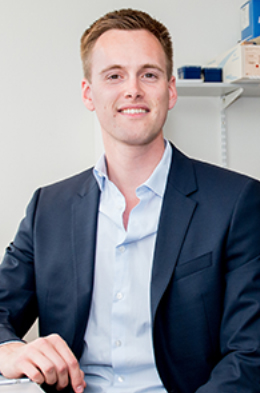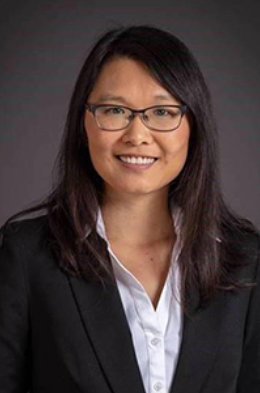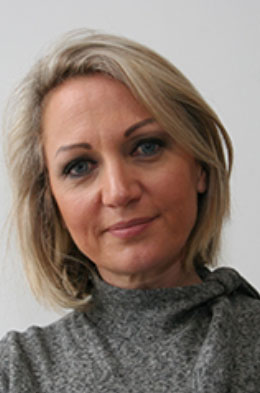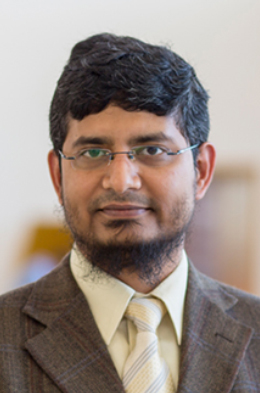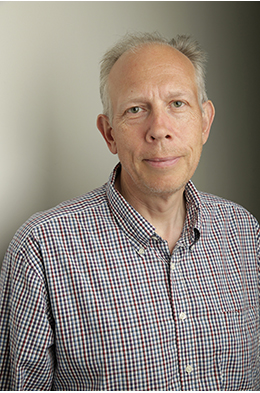Dr Mufti Mahmud received his post–school education in India (B.Sc. from University of Madras and M.Sc. from University of Mysore, both in Computer Science in 2001 and 2003, respectively) and Italy (M.S. in Bionanotechnology from University of Trento and Ph.D. in Bioengineering from University of Padova in 2008 and 2011, respectively). A recipient of Marie-Curie Fellowship, Dr Mahmud served at various positions in the industry and academia in India, Bangladesh, Italy, Belgium, and the UK - where he is currently a (Senior) Lecturer of Computing and Technology at the Nottingham Trent University. Dr Mahmud’s expertise includes Brain Informatics, Healthcare and Neuroscience Big Data analytics, Advanced Machine Learning applied to Biological data, Assistive Brain–Machine Interfacing, Computational Neuroscience, Personalized and Preventive–Healthcare, Internet of Healthcare Things, Security and Trust Management in Cyber–Physical Systems, and Crowd Analysis. He has published over 65 articles and papers in leading Journals and Conferences and has released two open source tool-boxes (SigMate, and QSpike Tools) for processing and analysis of brain signals. Dr Mahmud is an Editorial Board Member of the Cognitive Computation (Springer-Nature) and Big Data Analytics (BioMed Central, Springer-Nature), and an Associate Editor of the Brain Informatics (SpringerOpen, Springer-Nature) and the IEEE Access journals. As part of dissemination efforts, he has successfully organized numerous special sessions in leading conferences, served many internationally reputed conferences in different capacities (including the IEEE World Congress in Computational Intelligence 2020 as the Coordinating Chair of the Local Organising Committee, Brain Informatics 2020 as General Chair, and IEEE Symposium on Computational Intelligence in Healthcare and E-health 2018 and 2019 as Programme Co-Chair), and has served as referee for many high-impact journals.




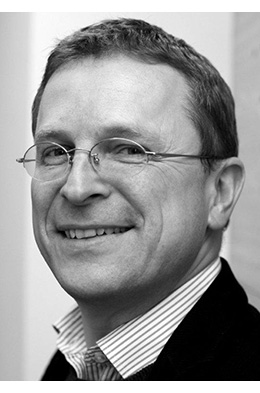
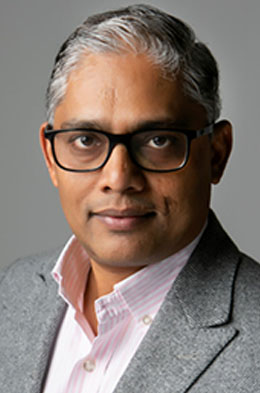
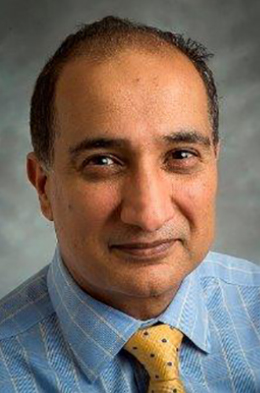
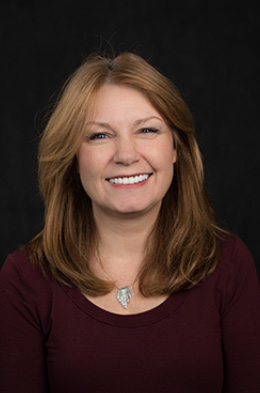
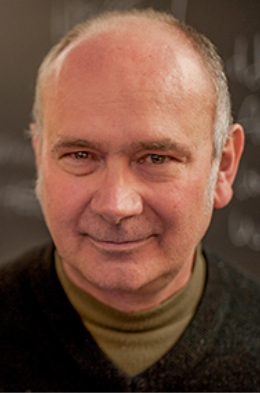
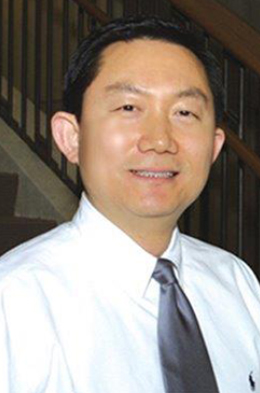
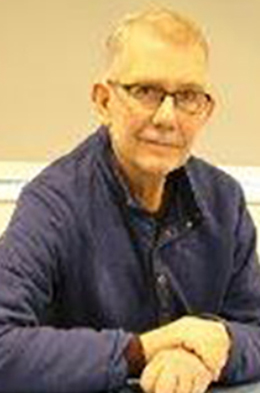
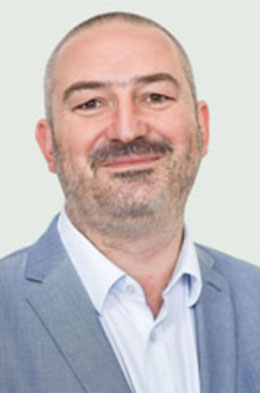
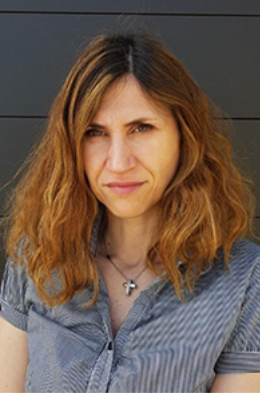
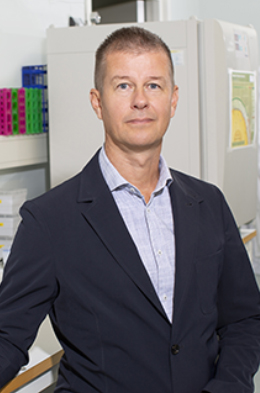
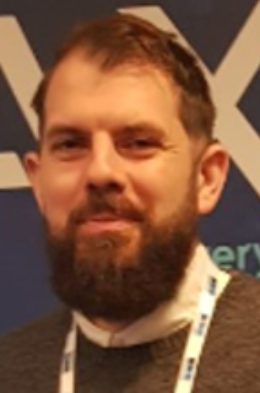
.jpg)
